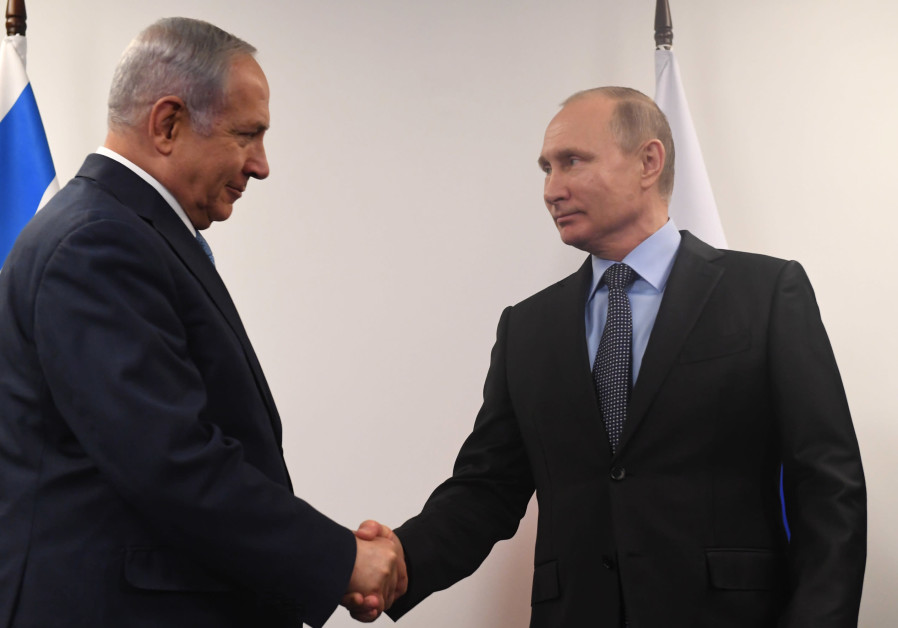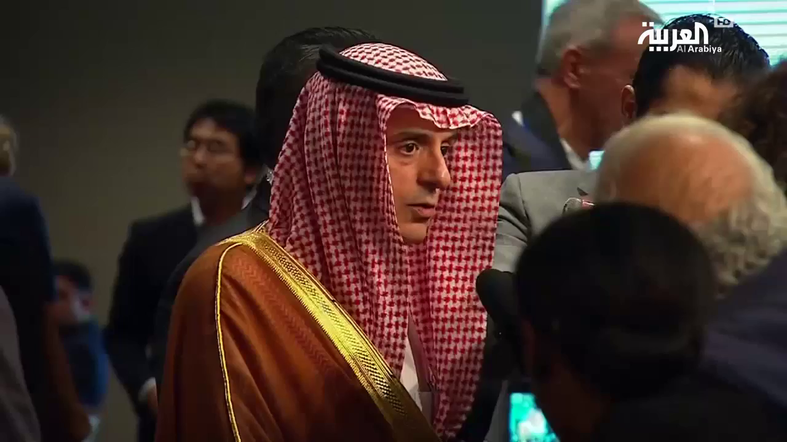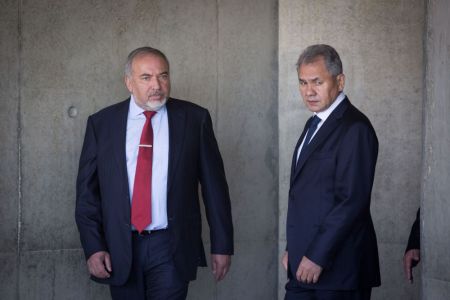
The US State Department had not spelled out a clear policy, and the Pentagon didn’t seem to know if removing Iran and Iranian proxies was actually the official stance.
BY SETH J. FRANTZMAN NOVEMBER 18, 2018 Jerusalem Post
Source Link: US IS IN SYRIA UNTIL IRANIAN ‘COMMANDED FORCES’ LEAVE
Bonus Link: The Model of Iranian Influence in Syria
{Bottom line…Iran must go. – LS}
The United States is laying the groundwork for a long-term commitment to eastern Syria that will include “stabilization” after the defeat of Islamic State and also the demand that “Iranian-commanded forces” leave Syria before the US withdraws. Over the last six months, this policy has increasingly crystalized. It was finally spelled out by US special representative for Syria engagement James Jeffrey at the end of last week.
US intervention in Syria to target Islamic State began in September 2014 to stop the extremists from taking the Kurdish city of Kobani. By April 2016, the US support for the Kurdish People’s Protection Units and the Syrian Democratic Forces, the main partner force fighting ISIS, had expanded to include hundreds of US special forces and teams assisting the effort on the ground. The US presence expanded during the battle to liberate Raqqa in the summer and fall of 2017.
Over the summer, rumors and then statements began to emerge that the US presence in Syria would remain until Iran leaves. In September, National Security Advisor John Bolton said, “we’re not going to leave as long as Iranian troops are outside Iranian borders.”
This would include Iranian proxies and militias. But the US-led coalition did not see that as part of their mission. In a press conference on October 2, the spokesman for Combined Joint Task Force, Operation Inherent Resolve was asked about the Iranian issue.
“First and foremost [our mission] is to destroy ISIS,” the spokesman said. “The second is to train local troops to eventually take over. And then for the Geneva process to start working.” A Pentagon Inspector-General report went a bit further.
The US State Department had not spelled out a clear policy, and the Pentagon didn’t seem to know if removing Iran and Iranian proxies was actually the official stance. Instead, a US Assistant Secretary of Defense for International Security Affairs said that the US was “desegregating” efforts against ISIS, from the Iran policy, and that confronting Iran was an “ancillary” or “residual” benefit of having a US footprint in eastern Syria.
Jeffrey told a special briefing in Washington on November 14 that the US policy is the “enduring defeat of ISIS, a reinvigorated and irreversible political process in Syria led by the Syrian people and facilitated by the UN and a de-escalation of the conflict that will include all Iranian-commanded forces departing from the entirety of Syria.”
The US military role in eastern Syria “indirectly helps affect Iran’s malign activities,” he said. The goal is not clear: The Iranian commanded-forces must go. This also means a “fundamental change in Iran’s role in Syria,” which the US says helped fuel ISIS.
The US special representative also said that getting Iran out is not a military goal. That means the US won’t be trying to confront Iran on the ground in the Syrian areas held by the regime.
He also said that Iran’s presence was a threat to US allies and partners, including Israel, Turkey and Jordan. “The Syrian government invited them [Iran] in, we expect the Syrian government to ask them to leave,” he said.
Jeffrey noted that the US presence in Syria is made legally possible by a 2001 law that allows use of military force as part of the war on terror after 9/11. He also says that what the coalition calls “stabilization” is part of a “stage-four aspect to the military, political, diplomatic, and economic efforts” to ensure ISIS is defeated.
Spelling out how the US mission in Syria is in the process of shifting from an anti-ISIS mission, to one that includes using eastern Syria as leverage against the Assad regime and its Iranian allies is important for the region. Over the last several years, the US presence and end-goal in Syria were not clear. What began as a war on ISIS grew as the US found partners in eastern Syria, particularly among the Kurds, who proved effective warriors against ISIS.
Now, as “stabilization” takes place and the defeat of ISIS continues with battles along the Euphrates, Washington is seeking to explain what comes next. It appears that getting Damascus to remove not only Iranian forces but also those proxies and militias commanded by Iran’s Islamic Revolutionary Guard Corps, is the next step.












Recent Comments